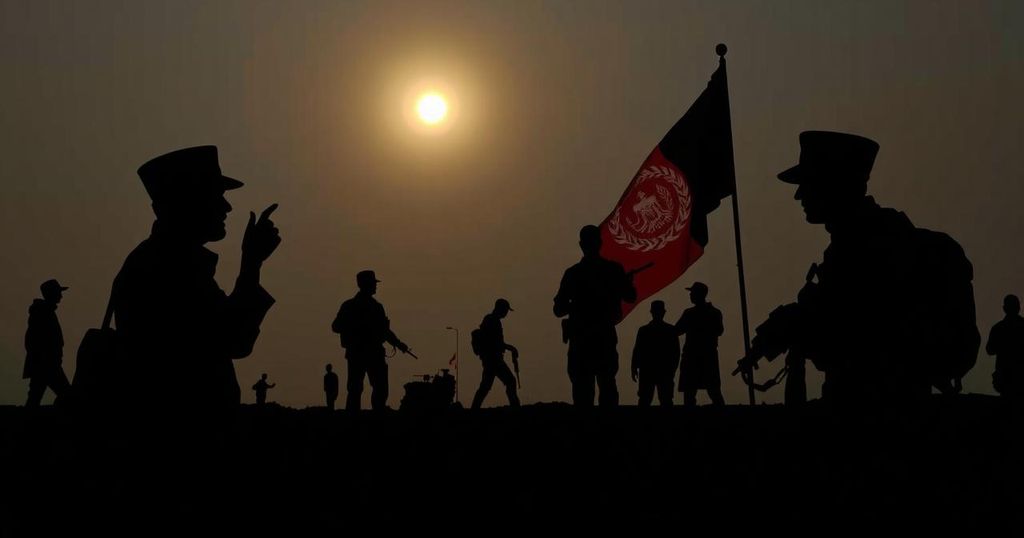General McMaster Attributes Part of Afghanistan Withdrawal Responsibility to Trump
Retired Lieutenant General H.R. McMaster, former National Security Adviser during the Trump administration, publicly expressed on Monday that former President Donald Trump bears partial responsibility for the tumultuous withdrawal of United States forces from Afghanistan in 2021. In an appearance on CNN’s program “AC 360” with Anderson Cooper, General McMaster reflected on Trump’s strategic decisions regarding Afghanistan, noting that while Trump initially opted to maintain a military presence in the country in 2017, he later reversed that stance, leading to a withdrawal agreement with the Taliban that mandated the exit of U.S. troops by May 2021. Following his inauguration, President Joe Biden extended this deadline to August 2021.
General McMaster articulated, “He could not adhere to the decision,” adding that Trump was influenced by advisors who promoted notions such as “End the endless wars” and declared Afghanistan as a “graveyard of empires.” When prompted about Trump’s accountability for the widely criticized evacuation, McMaster affirmed, “Oh, yes.”
On the same day, former President Trump participated in a wreath-laying ceremony at Arlington National Cemetery, commemorating the tragic third anniversary of the terrorist attack at Kabul airport which resulted in the deaths of thirteen American service members. During this ceremony, Trump was joined by relatives of the deceased and has consistently criticized the Biden administration, including Vice President Kamala Harris, regarding the handling of the Afghanistan withdrawal.
In his recent publication, “At War with Ourselves: My Tour of Duty in the Trump White House,” McMaster reflects on Trump’s desire for validation from authoritarian leaders like Russian President Vladimir Putin and former Philippine President Rodrigo Duterte, revealing both strengths and vulnerabilities in Trump’s character. He remarked, “I am endeavoring to elucidate certain admirable traits of the president’s character while also emphasizing his weaknesses. At times, I was hesitant to disclose these insights to avoid providing a guidebook for manipulation should he regain office.”
As the nation contemplates the potential return of a Trump candidacy in the upcoming 2024 election or the prospect of a Harris administration, McMaster’s insights provide a complex and layered perspective on Trump’s decision-making process. He asserts, “I did observe him learn and adapt, enhancing his grasp of various situations. People would frequently inquire whether he listened. Indeed, he does. However, he often fails to maintain the conclusions he reaches after consulting diverse perspectives, leading to disoriented policy decisions.”
General McMaster, who served honorably in the Gulf War and the Iraq War, was appointed by Trump as National Security Adviser in February 2017 but served for just over a year before being succeeded by John Bolton, a former U.S. ambassador and political commentator, who later published a critical book about his tenure under Trump.
When asked if he would consider serving in another Trump administration, McMaster stated, “I will engage in any administration where I believe I can contribute positively, but I have become disillusioned with Donald Trump.” Regarding a potential administration led by Kamala Harris, he expressed uncertainty about his effectiveness there due to his differing perspectives on Middle Eastern policies.
This analysis by General McMaster sheds light on the complexities of leadership decisions during critical national security contexts, furthering the discourse surrounding U.S. military policy and political accountability in the Afghan conflict.








Post Comment